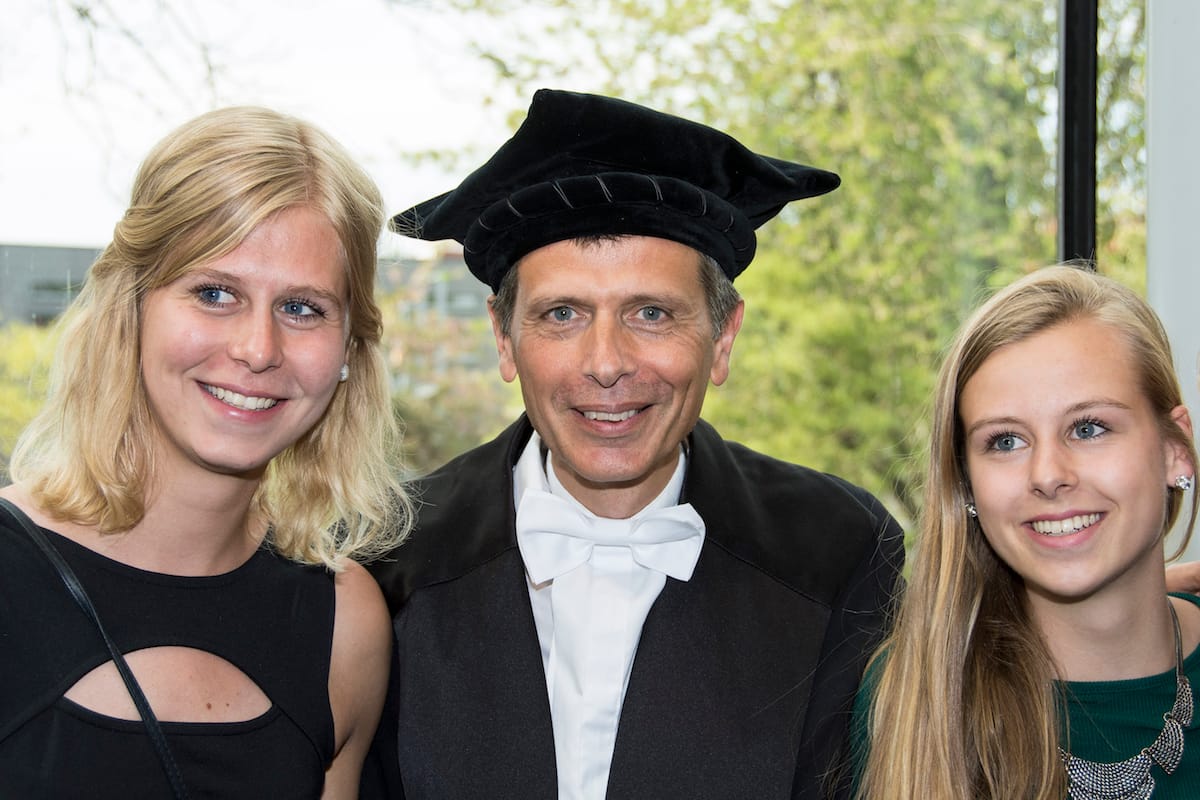Do you think that taking your glass wine bottles to the recycling bin is an unpleasant hassle? Think again! This Thursday, September 29th, Leonie Venhoeven will defend her dissertation in which she demonstrates how pro-environmental behavior like recycling may actually make people feel good.
“Generation Me” is known as a self-centered generation. It affects the people of this generation but also the previous and future generations. In this blog post I will focus on how the “hook-up culture” of Generation Me may affect dating. Though in the end, only time will show us.
In June 2016, Peter de Jonge was appointed Professor of Developmental Psychology. In this blog post, he explains his view on researching the development of psychopathology.
We are happy today to share an interview with Dick de Waard, who recently became Professor of “Traffic Psychology and the Retention of Mobility” in the Clinical and Developmental Neuropsychology group of our department. The interview was conducted and written by Heleen Hoogeveen, PhD candidate on the topic of food perception.
The author discusses the results of her recent study on self-reported empathy in women with autism spectrum disorders (ASD) and queries how representative currently diagnosed women with ASD are of the total population of women on the spectrum (including those ‘under the radar’ who have not received a diagnosis of ASD).
The term deep learning has been coined to refer to the training process of effective, complex multilayer artificial neural networks, also called deep neural networks. Deep neural networks have been applied to solve various problems in a plethora of fields, as exemplified in this article.
Anorexia nervosa is a severe disorder for which effective treatments are still lacking. Experimental studies are crucial in the search for the causal factors that drive anorexia nervosa and to guide the development of more effective treatments.
Psychologists tend to make statements about human nature or how “people in general” behave. However, 80% of psychological studies are conducted with W.E.I.R.D (Western, Educated, Industrialized, Rich, Democratic) samples. People falling in this category are just a fraction of the world’s population and are therefore not representable of the world’s population.
There appear to be clear differences between bilinguals and monolinguals. Within the last 30 years, an evolution took place from a very negative view towards being raised bilingual to a view that underlines the benefits of bilingualism. Findings nowadays are relating bilingualism to better attention, multitasking and a delay in the onset Alzheimer’s disease.
A personal story, explaining how a childhood’s experience can be linked to a horrible disease. This article will give you some insight in how dementia affects the family of patients and which therapies are currently used to enhance quality of life in patients with any form of dementia.









